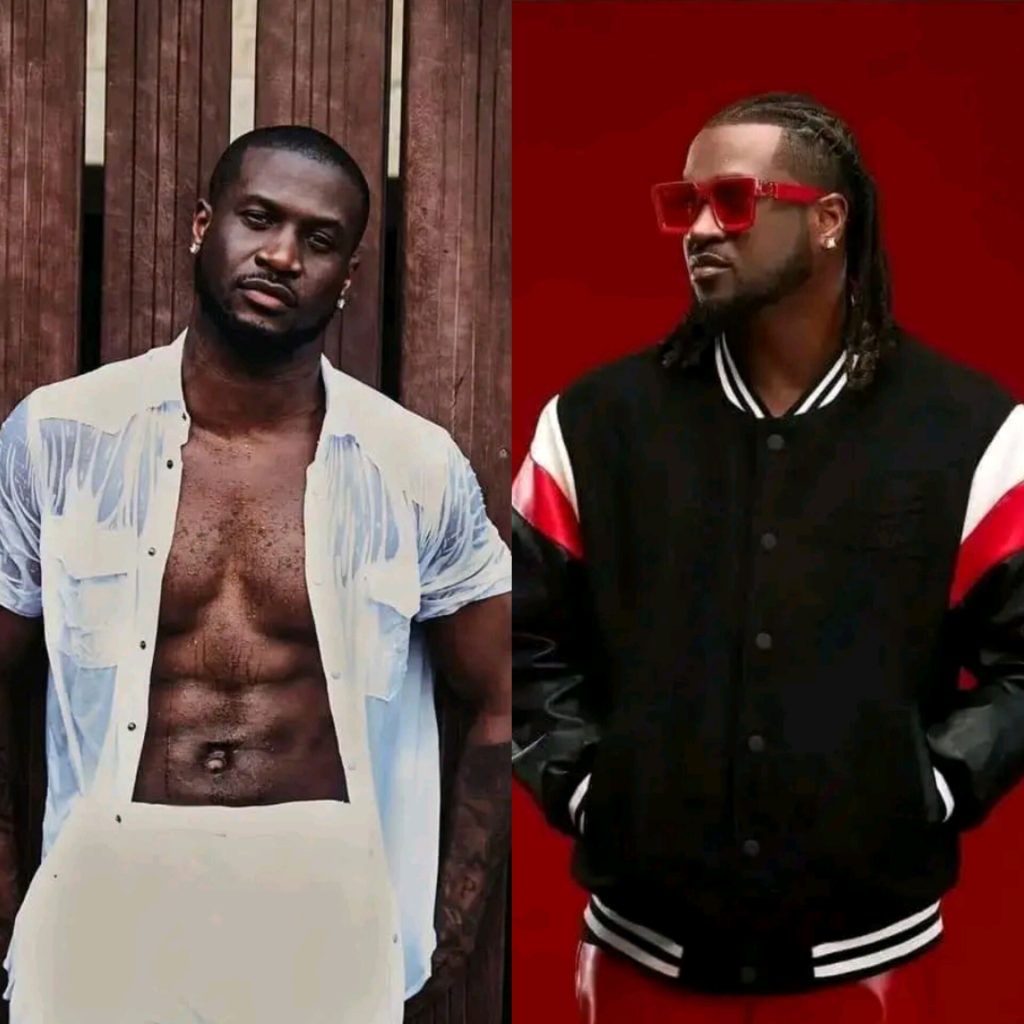P-Square: The Unfulfilled Legacy of Afrobeats’ Greatest Duo

It’s hard not to shake your head when you
think about P-Square. They had it all—the hits, the stage presence, the undeniable charisma. With their 20-year rise to the top of Afrobeats, P-Square dominated stages, built a dedicated fanbase, and won global awards. By 2011, they had already sold 40 million records, were making $100,000 per show in Africa, and were named Forbes’ Best African Group. Breaking into the U.S. market long before Afrobeats had its global moment, P-Square paved the way.
But in 2017, at the peak of their careers, P-Square disbanded. To understand how much of a blow this was to everything they’d worked for, consider the landscape of Afrobeats that year. By 2017, “Afrobeats to the World” was no longer a movement—it was a reality. Davido’s “If” and “Fall” dominated U.S. airwaves, and Wizkid was making waves globally, especially with his collaboration with Drake on “Come Closer.” Africa was becoming the center of attention, with international fans and labels starting to see the immense potential of Afrobeats.
And 2018 only amplified that momentum. Burna Boy broke through with his third album Outside and the hit “Ye,” while Davido kept his run going and won Best International Act at the BET Awards. Even Hollywood joined in with Black Panther, making Africa not just an inspiration but a cultural force. Beyoncé would go on to drop an Afrobeats-inspired album the following year featuring WizKid.
This was the perfect time for P-Square to reap the benefits of their years of hard work. Instead, they were absent. Today, P-Square’s name rarely comes up in conversations about the “Big 3” or Grammys, or even about record-breaking sales. Instead, they’re in headlines for their public fights and social media feuds—conflicts that leave fans disillusioned and confused.
In their prime, P-Square was a flawless team—Peter and Paul on stage, with their elder brother Jude managing and directing their music videos. Together, they were an unstoppable force. But once split, their individual careers barely hint at what they once were as a unit. They fail to understand that the whole is greater than the sum of the parts, a truth that echoes in every new single they release as solo artists.

One mistake the twins made is asking fans to choose sides. Fans loved P-Square as a duo. With every public feud, fans grow weary of the drama and lose interest. Afrobeats is moving fast, with younger artists selling out arenas and winning awards, while P-Square’s legacy slips further away with each quarrel.
In 2022, the duo hinted at a comeback with “Jaiye.” Some fans were hopeful, others were indifferent. Yet recent outbursts from both brothers suggest reconciliation is unlikely, making this anticipated reunion feel like a mirage. It’s beyond sad—it’s a missed opportunity.
Families are meant to embody love and forgiveness, and sometimes reconciliation is only a matter of setting egos aside. While sibling rivalry is a tale as old as time, P-Square has introduced us to the concept of “twin rivalry,” which is both baffling and tragic. Watching such raw talent disintegrate into front-page news is painful, especially when their younger colleagues are living the dream P-Square once inspired.
In the end, P-Square’s story is a cautionary tale about unity, humility, and the cost of letting pride get in the way of purpose. Their impact on Afrobeats can’t be erased, but their absence in today’s success story feels like a lesson for all of us—about the power of staying together and the fragility of legacy.





